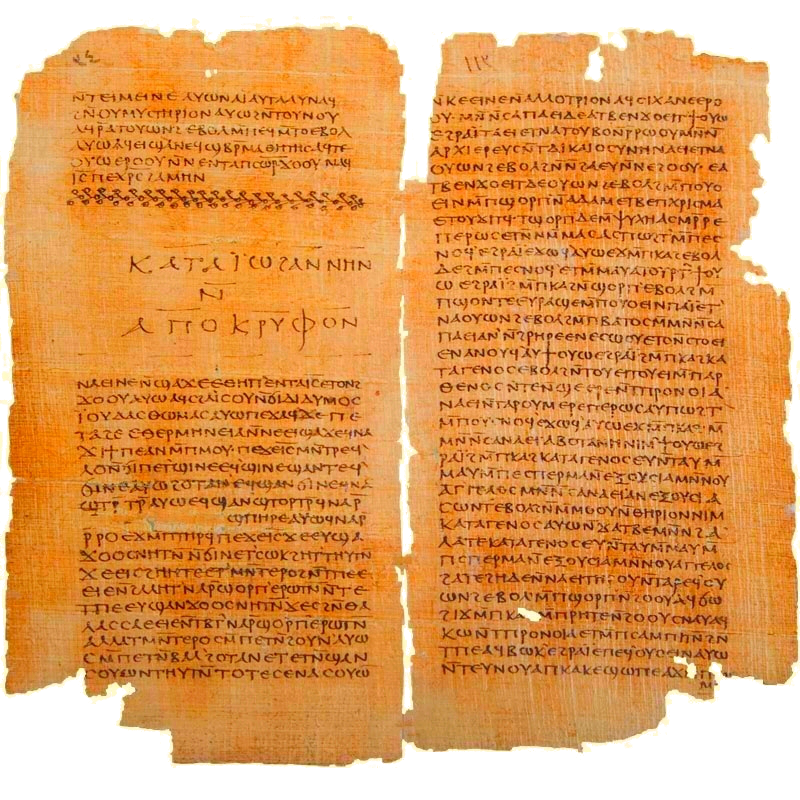Several enjoyable and informative videos from lectures by Dr. Richard Carrier on the origins of Christianity from a non-supernatural perspective...
Rapture Day
Why the Gospels are Myths
Acts as Historical Fiction
Did Jesus Even Exist?
Christianity without Jesus
Rapture Day
Why the Gospels are Myths
Acts as Historical Fiction
Did Jesus Even Exist?
Christianity without Jesus

